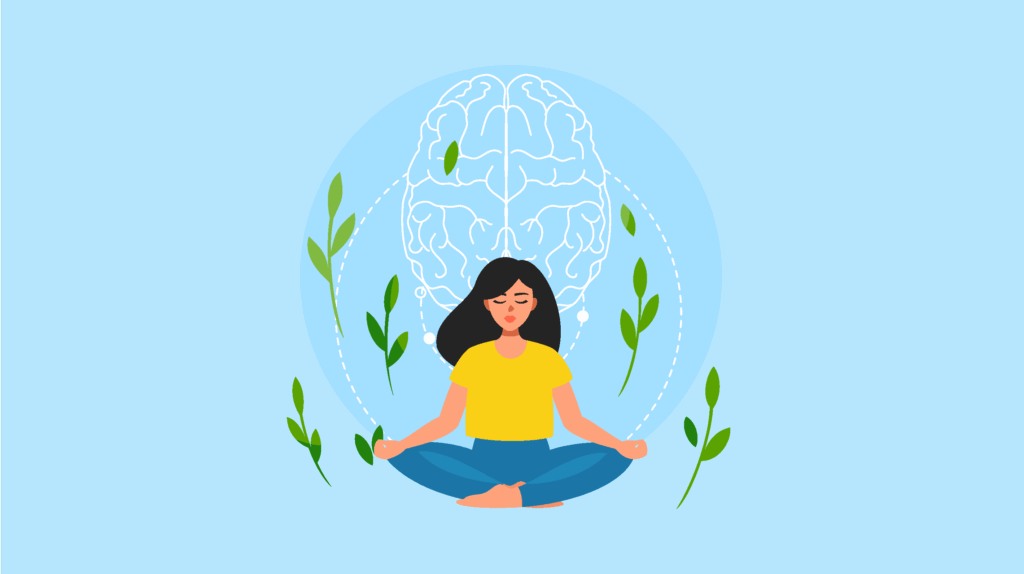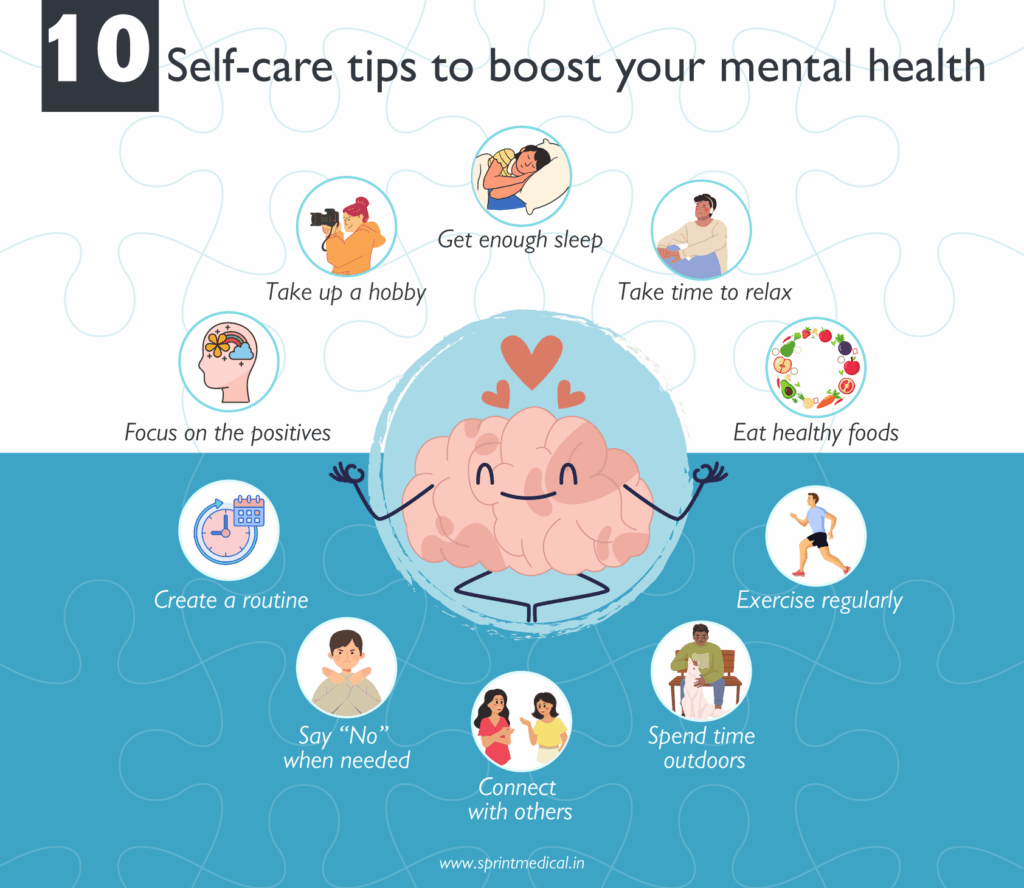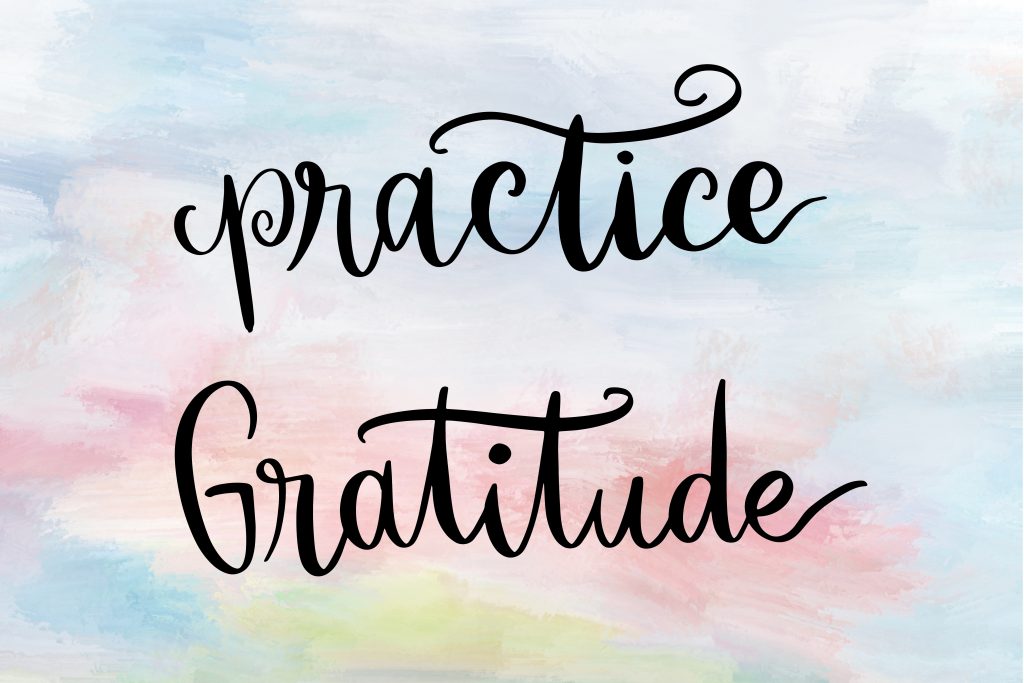In today’s fast-paced world, prioritizing self care isn’t just a luxury—it’s a necessity. Between work, family, social obligations, and digital distractions, it’s easy to become overwhelmed. True self care is more than bath bombs and spa days—it’s about nurturing your mental, emotional, and physical health in sustainable, meaningful ways.
This guide covers self-care practices that aren’t just trendy—they genuinely make a difference. Whether you’re looking to build a daily ritual or overhaul your lifestyle, these habits will help you restore balance, boost energy, and reclaim your well-being.
1. Create a Consistent Sleep Routine

Quality sleep is the foundation of good health and effective self care. Yet, many people sacrifice sleep for late-night screen time or productivity. Establishing a consistent sleep routine can dramatically improve your energy levels, focus, and mood.
How to implement this:
- Stick to the same bedtime and wake-up time—even on weekends.
- Power down screens at least an hour before bed.
- Use blackout curtains and limit noise for a more restful environment.
- Try a calming ritual before bed, like reading or journaling.
Over time, consistent sleep habits support everything from immune health to emotional regulation. Think of it as recharging your personal battery.
2. Practice Mindful Movement Daily

Exercise isn’t just for physical health—it’s one of the most effective tools for emotional wellness. Regular, mindful movement helps reduce stress hormones like cortisol while boosting feel-good endorphins.
You don’t need a gym membership or intense routines. Choose movement that feels enjoyable and accessible:
- Go for a 30-minute walk in nature.
- Practice yoga or stretching at home.
- Try low-impact dance, pilates, or tai chi.
The goal isn’t perfection—it’s consistency. When you move your body with care and attention, you honor it as part of your self care journey.
3. Fuel Your Body with Intention

The food you eat directly affects your mood, energy, and mental clarity. Practicing mindful nutrition is a form of self care that nourishes you from the inside out.
Focus on adding more:
- Whole foods like fruits, vegetables, lean proteins, and whole grains
- Hydration through water, herbal teas, and nutrient-rich smoothies
- Meals eaten slowly and mindfully, without distractions
Avoid restrictive diets or “all-or-nothing” thinking. The goal is to support your body with nourishment that makes you feel energized and satisfied, not deprived.
4. Set Boundaries and Protect Your Energy

One of the most empowering self care practices is learning to say “no” and honoring your limits. Boundaries protect your energy, help you maintain healthy relationships, and reduce overwhelm.
Signs you need stronger boundaries:
- You feel exhausted after social interactions
- You say “yes” out of guilt or obligation
- You struggle to find time for yourself
Start small. Practice turning down invitations when you’re overbooked. Communicate your needs clearly and respectfully. Over time, strong boundaries become a powerful act of self-respect.
5. Engage in Mental Self Care

Mental self care helps you manage stress, improve focus, and stay grounded. It’s about clearing mental clutter and creating space for clarity, rest, and reflection.
Daily mental wellness practices include:
- Journaling thoughts, gratitude, or goals
- Practicing mindfulness or meditation
- Reducing digital noise by limiting social media time
Even 10 minutes of focused breathing or journaling can create emotional space in a chaotic day. This habit builds emotional resilience and strengthens your connection to yourself.
6. Make Time for Joy and Creativity
Self care isn’t all routines and responsibilities—it’s also about joy. Engaging in creative activities helps reduce anxiety, boost mood, and increase life satisfaction.
Ask yourself:
- What activities light me up?
- What hobbies have I set aside?
- What brings me joy that has nothing to do with productivity?
Whether it’s painting, baking, gardening, or playing music, carving out time for joy supports a more balanced and fulfilled life. Creative expression is healing—it reconnects you to your sense of self.
7. Nurture Social Connections

Strong relationships are a vital part of holistic self care. While alone time is essential, meaningful connection fuels a sense of belonging and purpose.
Ways to cultivate connection:
- Schedule regular calls or coffee dates with friends
- Send a handwritten note or message to someone you appreciate
- Join a class or group that aligns with your interests
Surround yourself with people who uplift you, respect your boundaries, and bring out your best. Community care is self care, too.
8. Declutter Your Space, Declutter Your Mind
Your environment influences your mood and energy levels. A cluttered space can lead to a cluttered mind, while a clean, calming environment can help you feel more focused and relaxed.
Simple ways to refresh your space:
- Start with one room or area and do a 15-minute declutter
- Donate items you no longer use or love
- Add soothing elements like candles, plants, or soft lighting
Creating a peaceful space supports better sleep, productivity, and emotional wellness—making it an underrated but powerful self care habit.
9. Practice Gratitude and Positive Affirmations

Gratitude and affirmations train your mind to focus on the positive, which can shift your entire perspective. These habits are quick, accessible, and incredibly effective over time.
Try:
- Writing 3 things you’re grateful for each morning
- Starting your day with “I am” affirmations (e.g., “I am worthy of rest”)
- Saying something kind to yourself every time you see your reflection
These practices foster self-love and optimism—key pillars of a sustainable self care lifestyle.
10. Check in With Yourself Regularly
Self care is not a one-time fix; it’s an ongoing relationship with yourself. Regularly check in with your body, emotions, and energy. Ask:
- What do I need today?
- What’s draining me right now?
- What’s one small thing I can do to support myself?
These moments of mindfulness help you adjust your habits and take meaningful action to support your well-being.
Final Thoughts
The best self care practices are the ones that feel sustainable, meaningful, and aligned with your lifestyle. You don’t need an expensive retreat or a 10-step routine—just intentional time to care for your mind, body, and spirit.
Start small. Choose one or two practices from this list and commit to them for the next week. You’ll begin to notice the difference in your mood, energy, and clarity. Over time, these self care habits will become a natural part of how you support and honor yourself every day.
